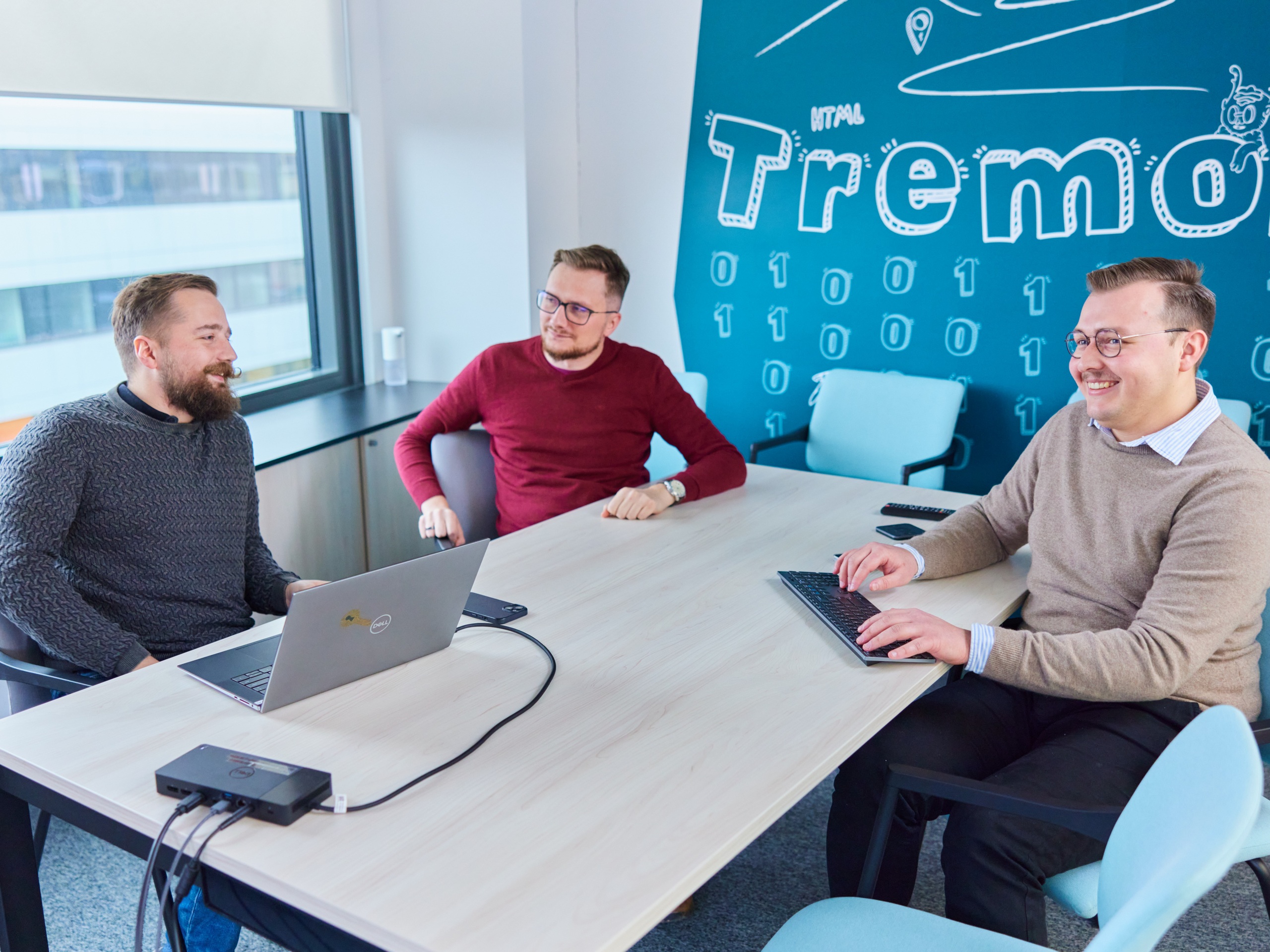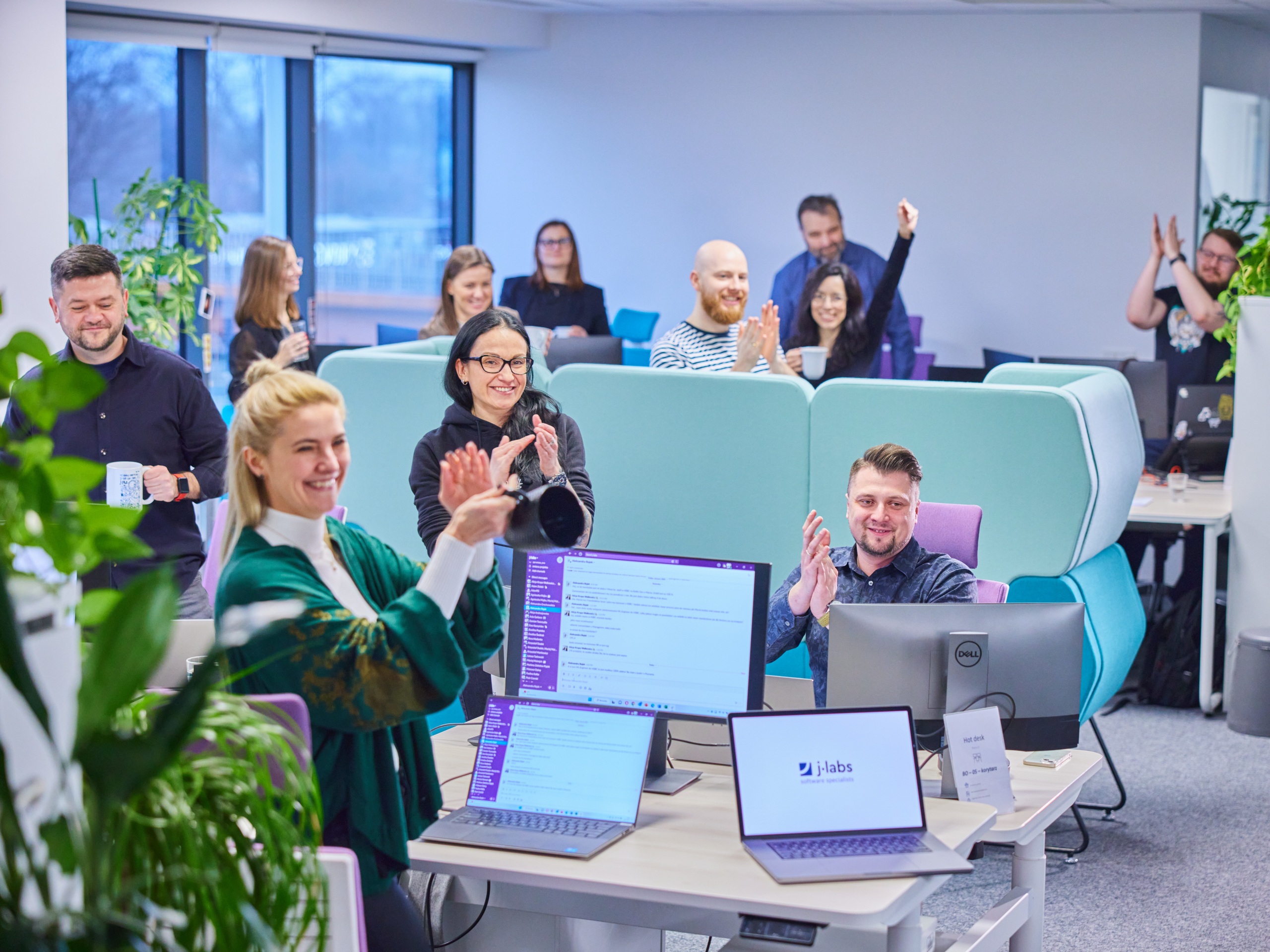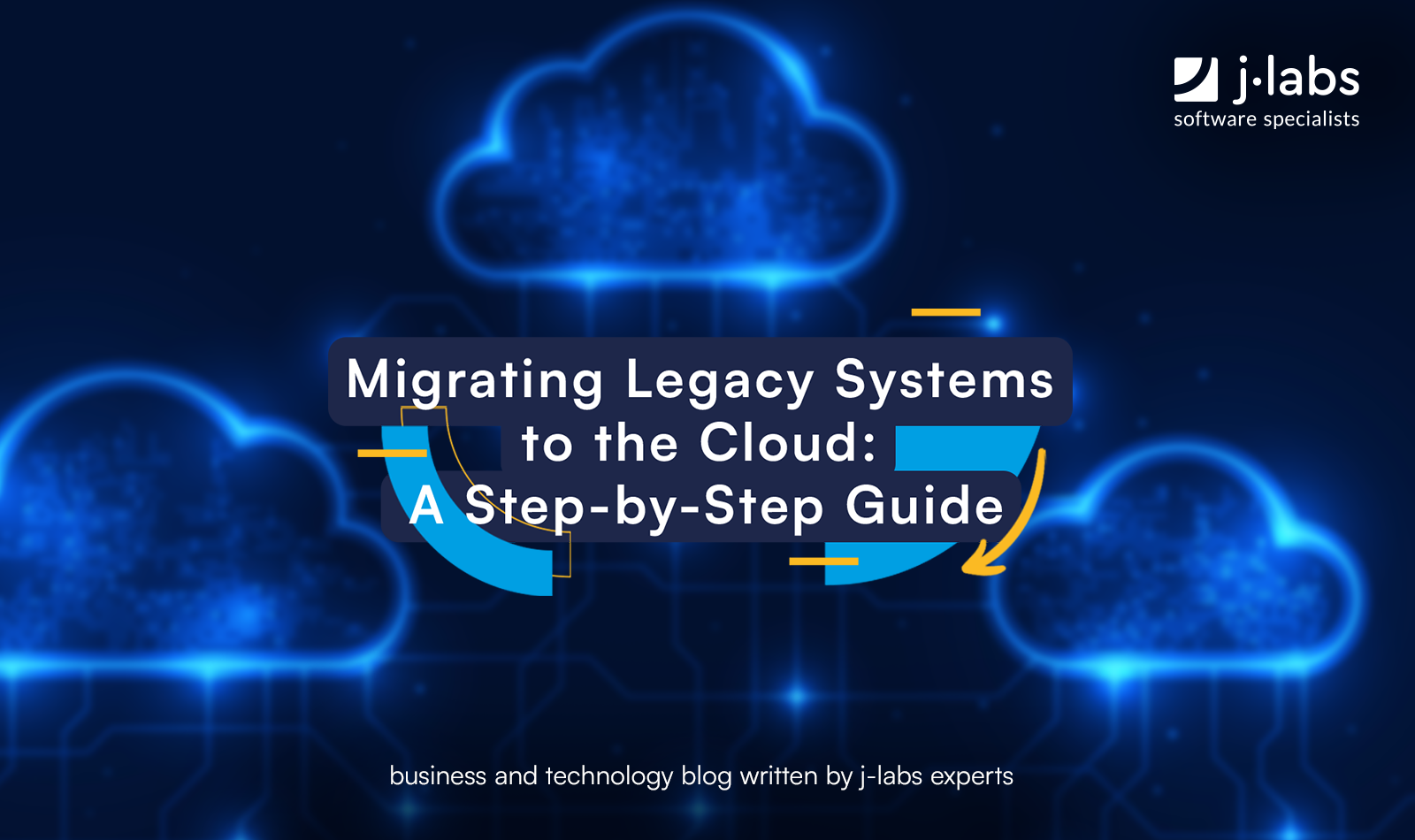DevSecOps: How Security Extends the DevOps Methodology
In recent years, we’ve seen many changes take place in the IT landscape. One of the most important shifts concerns the world of cybersecurity, operations, and risk management. The speed of implementation of new solutions goes hand in hand with growing cyber threats. And while the well-known (and by now almost traditional) DevOps philosophy focuses on automation and streamlining deployment processes, it doesn’t always account for security issues in the early stages of the software development lifecycle (from here on out referred to as SDLC).
This is where DevSecOps comes in – is it a role (or a methodology, since the term can refer to both)? What does it involve? Today, we tackle the definition, key differences, and most important facts.
What Is DevSecOps and How Does It Differ from DevOps?
DevSecOps is a natural evolution of DevOps. Its core focus is security, which takes center stage as an integral part of every SDLC phase: from planning and development to testing, deployment, and maintenance. At j‑labs, security is simply a standard. Our approach to DevSecOps is based on automation, a culture of collaboration, and the use of proven practices and standards, including ISO/IEC 27001.
Definition of DevSecOps
DevSecOps is a methodology that extends DevOps by integrating security into every stage of the SDLC. The key principle behind it is known as “Shift Left Security,” meaning that security testing is moved as far to the left (i.e., to the earliest phases of software development) as possible. This allows teams to detect and eliminate vulnerabilities in the code before it ever reaches production.
On the other hand, there’s also the role of the DevSecOps engineer, a specialist in this area. And so, the term can refer to both the overall methodology as well as the role.
PS. One time during our Talk4Devs event, we discussed the topic of DevOps/SysOps. Check out the upcoming conference schedule, maybe you’ll find something that interests you?
Core Principles of DevSecOps – What Is This Methodology Based On?
To explain what makes DevSecOps unique while keeping things simple, let’s focus on what the “Sec” part brings to the table compared to traditional DevOps processes. The key additions (or upgrades to what we already know) include:
- Shift Left Security – security is baked in from the very beginning of the application lifecycle.
- End-to-End Automation – full security testing automation as part of CI/CD workflows.
- Continuous Testing – especially for security: dynamic code analysis, dependency scanning, and identifying potential vulnerabilities before they become a real threat.
- Cross-Functional Collaboration – Dev, Ops, and Sec teams working together as a unit. It’s a best practice; one that ensures clear, ongoing communication.
- Security as Code – the idea here is to treat security the same way you treat code: systematically and consistently. In practice, this means defining security controls in code and automating their validation. In DevSecOps, security testing matters just as much as functionality testing.
Source: https://www.splunk.com/en_us/blog/learn/devsecops-concepts-principles.html
You might also like our DevOps blog category:
So, What Is DevSecOps, Really? The Implementation and Work Challenges
Let’s be real: while DevSecOps is likely to become a top priority for companies in the near future (and not just a nice-to-have), right now, many organizations face serious challenges either when adopting the methodology or hiring a DevSecOps expert. Why?
Integrating security means rethinking how you work, which calls for a shift in the mindset and approach to work. It also requires both programming and security knowledge, plus strong soft skills (we wrote about this here: Interdisciplinarity in IT:How to Build Your Career).
Other common pain points include the complexity of implementing and maintaining security processes. At j‑labs, we aim to point teams in the right direction when it comes to evolving in this context. Instead of debating whether to go for DevOps or DevSecOps, choose scalable solutions that allow you to learn new tools and best practices as you go. Why? Because automating security requires implementing new tech and new processes. Your company needs to be ready for that.
Also, we believe that one of the most effective DevSecOps rollout strategies involves gradually reforming existing DevOps setups. For instance, you could achieve this by adopting the Security Champions approach, which involves designating individuals directly responsible for security within DevOps teams. It’s a powerful step forward. Another thing: Tool integration is key (think SAST, DAST, SCA, and threat monitoring in CI/CD), as is education, for example, in the form of external training sessions for your teams.
Come check out how we can support your project through our IT Team Augmentation program – we’re ready for the challenge! Contact us here: https://www.j-labs.pl/en/contact/.
Meet the geek-tastic people, and allow us to amaze you with what it's like to work with j‑labs!
Contact us



